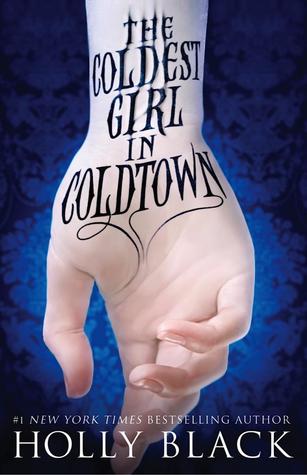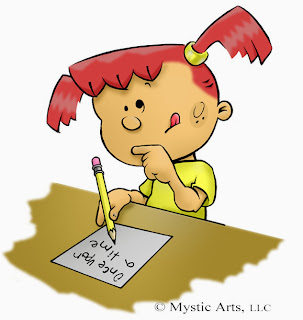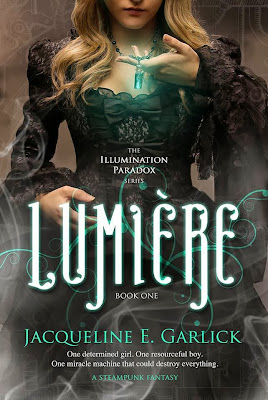
Some of you may have seen
this article in
Publisher's Weekly, where agents share their take on trends in YA. (If not, it's worth the read.) The same day I read it, my husband dropped the October issue of
New York magazine on my lap, and lo and behold there was an entire section in the magazine dedicated to a discussion around YA's popularity spike and the "YA sales bubble".
Seems like YA is on the tip of everyone's tongue these days.
And it's not surprising. YA fiction sales have seen double digit growth the last few years, posting the kind of numbers that make any Wall Street Suit salivate. YA is big business, and big business attracts attention, investment, and lots and lots of bandwagoners.
According to
Publisher's Weekly, some agents receive as many as 10,000 manuscripts a year these days, most of them YA. And agents say the quality is markedly better then it was several years ago. With so many writers fighting to jump out from the pack, it means there's more pressure then ever to have unique concepts, great writing, and that-something-special that no one seems to be able to define.
As if that weren't bad enough, the saturation of popular trends generated from books like
Twilight and
The Hunger Games means that certain genres fill up and burn out fast, so if you're not ahead of the trend, you're behind it. Submitting a paranormal or dystopian book to a publishing house these days is like sending a clove of garlic to a vampire.
It's enough to make any writer want to chuck her laptop out the window.
But here's the thing. For every example given, there's
always a counter example. Take the vampire bubble. For years we've been hearing that agents and publishers are completely burned out on them, but then books like
The Coldest Girl In Cold Town pop up on shelves with rave reviews and tons of buzz, proving that any genre, when given a new twist, can make a publisher sit up and listen.

That said, I *do* think it's important to be realistic with the stories we write. If you are writing a story about a girl trapped in a love triangle with a vampire and a werewolf, even if it is beautifully written and perfect in every other way, you'll be hard pressed to get readers because that story has already been told. The trick with saturated genres is to be unique in some form or fashion, otherwise you will have an extremely difficult time breaking through the already difficult to break through clutter.
Does that mean you shouldn't write your vampire or dystopian story? Hell no. You need to write what you love and what your heart wants you to write. Writing is a craft that requires passion, and if you aren't writing something you're passionate about it will show through in your craft. If the book of your heart is a story about a vampire living in a dystopic world overrun with werewolves, angels and mermaids, then you need to write that book. Write the sh*t out of it. Don't let the numbers hold you back. Because there are always exceptions.
You could be the exception. And we all need exceptions to give us hope and keep us writing when the going gets tough.
And here's the other thing: the "saturated" genres are still selling. Readers still want those stories, even if the publishing industry doesn't (at least for the moment). So if the traditional publishing route doesn't work out for you, but you still believe in the story and want it out into the world, what is there to stop you? It's your writing journey. You get to choose the path you take. Don't let the trends tell you what you can and can't do. Follow your heart instead. Write the story it wants you to write.
Maybe the YA trend is really a bubble waiting to burst, or maybe it's here to stay. We can't predict the future. But even if sales start to plummet and the public's attention shifts to newer, shinier things, who cares? There will always be someone out there who wants to read a good story. So why not write it for them?
Trends come and go, sales spike and tumble, but writing what you love will never be a bad decision, especially if it makes you happy.
And at the end of the day, that's all that really matters.













